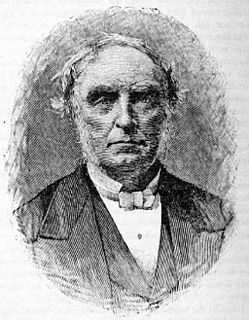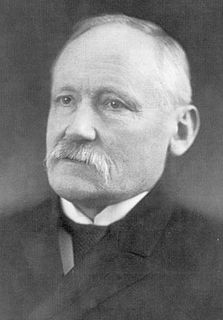A Quote by Frederick Lenz
If you are interested in Taoism, I would suggest that you read the Way of Life by Lao Tsu, the founder of Taoism. I personally prefer the Witter Brynner translation.
Quote Topics
Related Quotes
Taoism ... is the Religion of the Tao, a term meaning Path or Way, but denoting in this peculiar case the way, course or movement of the Universe, her processes and methods. In other words, Taoism is the Religion of Heaven and Earth, of the Cosmos, of the World or Nature in the broadest sense of these words. Hence we may call it Naturism.
But the transformation of consciousness undertaken in Taoism and Zen is more like the correction of faulty perception or the curing of a disease. It is not an acquisitive process of learning more and more facts or greater and greater skills, but rather an unlearning of wrong habits and opinions. As Lao-tzu said, "The scholar gains every day, but the Taoist loses every day.

























